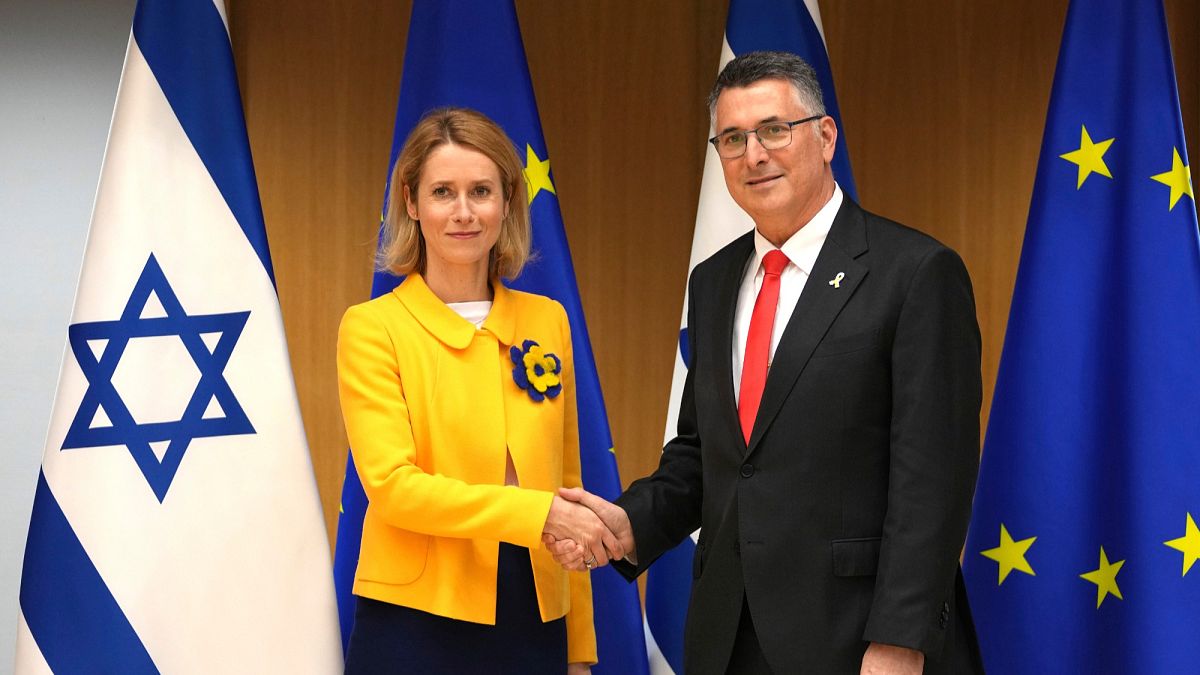

In a week marked by simmering international tensions, significant developments unfolded across different regions, particularly in the Middle East and Eastern Europe. These events underline complex geopolitical dynamics while emphasizing the importance of diplomatic engagements.
The European Union recently decided not to impose sanctions on Israel concerning its military actions in Gaza. This decision, made by the EU’s foreign ministers, has been met with mixed reactions from the international community. Israel expressed approval of this outcome, characterizing it as a sensible choice. Conversely, Palestinian entities, supported by human rights organizations such as Amnesty International, expressed disappointment, labeling the EU’s stance as a betrayal of European values. The EU has pledged to closely monitor Israel’s adherence to agreements aimed at improving aid flow to Gaza—offering a glimpse of constructive engagement in a longstanding conflict.
Meanwhile, the Israeli military launched airstrikes deep into Syrian territory, targeting key sites in Damascus, including the Defense Ministry’s headquarters. This rare offensive action was reportedly in response to escalating violence involving Druze communities in southern Syria. These military activities resulted in significant infrastructure damage and casualties, sparking further discussions about the ongoing Syrian conflict. In a concurrent development, Syrian government officials, alongside Druze leaders, convened to negotiate a ceasefire to de-escalate tensions, signalling attempts at conflict resolution amidst adversity.
In a separate wave of tension, Russian military forces conducted extensive drone and missile strikes on Ukraine, affecting multiple cities and leaving numerous individuals injured. These aggressive maneuvers coincided with diplomatic pressure from the United States, which has set a deadline for Russia to pursue peace negotiations with Ukraine or face potential severe sanctions. This juxtaposition of military action and diplomatic pressure highlights the precarious state of affairs in Eastern Europe.
Across global headlines, the situation in Sudan also garners attention. Paramilitary forces, known as the Rapid Support Forces, have been implicated in violent incidents that resulted in the loss of hundreds of lives in the North Kordofan region. Human rights groups have condemned these actions, calling for international accountability and humanitarian assistance for the affected populations.
Further exacerbating regional tensions, drone strikes targeted several oil fields in Iraqi Kurdistan, reportedly causing material damage without life casualties. These attacks reflect ongoing instability in the region, emphasizing the need for heightened security measures and international cooperation.
While these events portray a world grappling with complex challenges, they also demonstrate the critical balance of conflict and diplomatic efforts in the pursuit of peace. It is a reminder of the resilience of communities and the power of dialogue in addressing and overcoming these challenges.
Source: {link}
